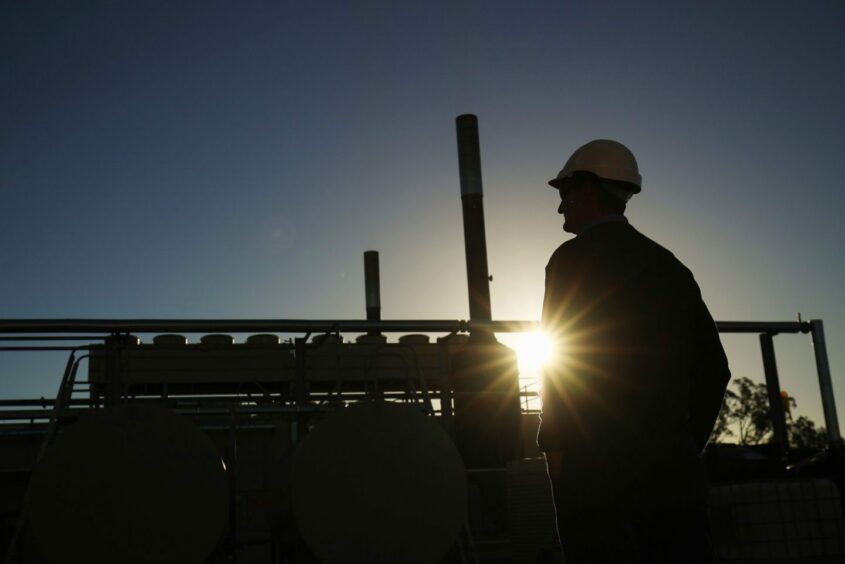
Australia passed a law to cap domestic prices of natural gas to limit the impact of soaring global costs on local power bills, ignoring protests from the nation’s powerful energy exporters.
At a special sitting on Thursday, Australia’s parliament passed legislation to cap wholesale gas prices for 12 months. The government also agreed with state and territory leaders to impose a price ceiling on coal, which would see producers compensated for any operating costs that push their rates above the threshold.
The move follows a tumultuous year for Australia’s energy policy, with the center-left Labor government facing an unprecedented squeeze shortly after its election in May as exporters sought to tap high international prices following Russia’s invasion of Ukraine. Liquefied natural gas producers have been vocal in their opposition to the government’s plans, especially a clause that would make currently voluntary agreements mandatory.
The intervention means that domestic gas prices would be capped at A$12 a gigajoule ($8.7 a million British thermal units), above historic local rates but less than a third of international benchmarks, while coal supply would be limited at A$125 ($86) a ton. The legislation will also provide additional energy bill relief for low- and middle-income households through payments to the states and territories.
Speaking ahead of the passing of the bill, Treasurer Jim Chalmers said Australia didn’t need to “sacrifice” living standards to ensure a “functional and fair gas market.”
“Without intervention, next financial year retail gas prices are expected to increase by a further 20%, and electricity prices by a further 36%,” Chalmers said. “That’s why urgent action is needed.”
Gas executives met with Prime Minister Anthony Albanese, Chalmers and Resources Minister Madeleine King shortly before the vote. An industry lobby group representing companies including Shell and ExxonMobil has campaigned against the legislation, including a mandatory code of conduct expected to be introduced in February 2023 which would include provisions for domestic gas price controls into the future.
The government has so far ignored calls to impose a windfall tax on energy companies. Australia’s natural gas exports are set to jump almost 30% to A$90 billion in the year through June while thermal coal shipments are set to increase 35% to A$62 billion, government forecasts show.

